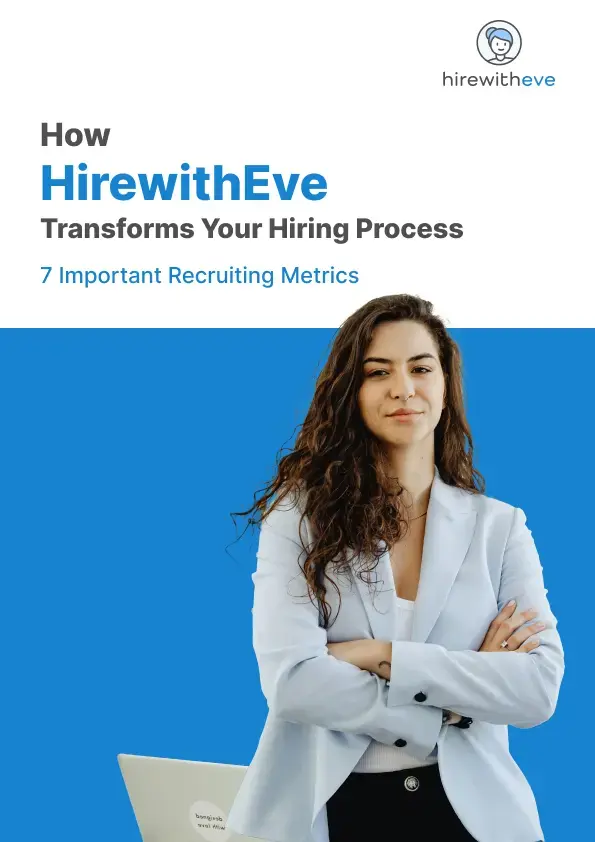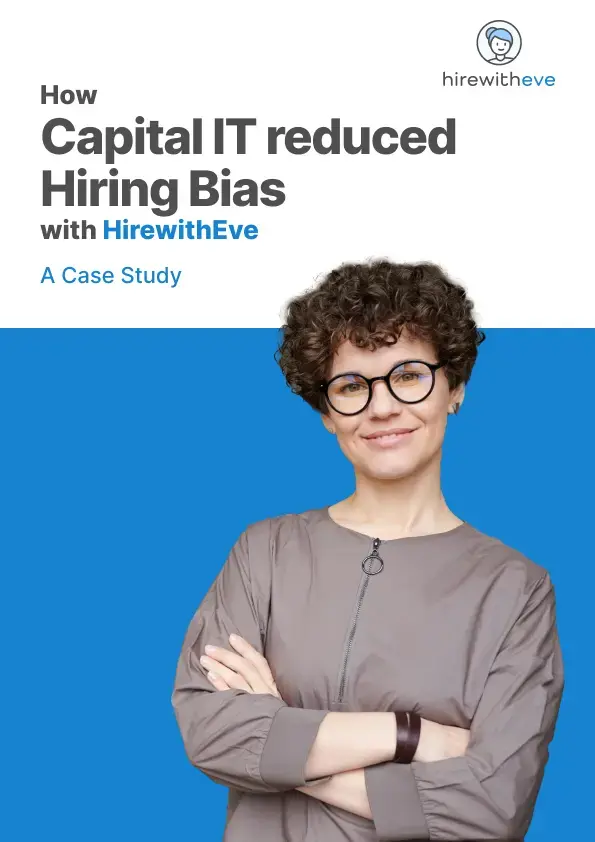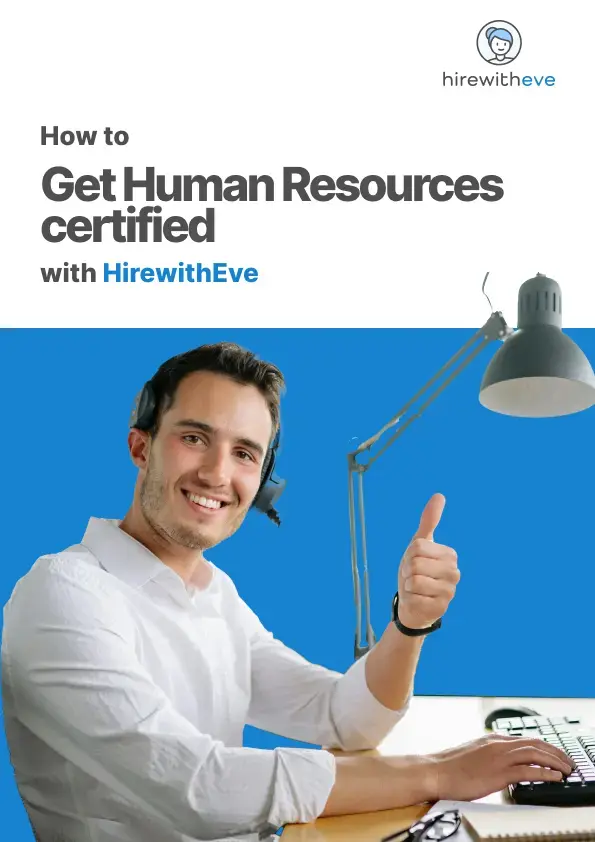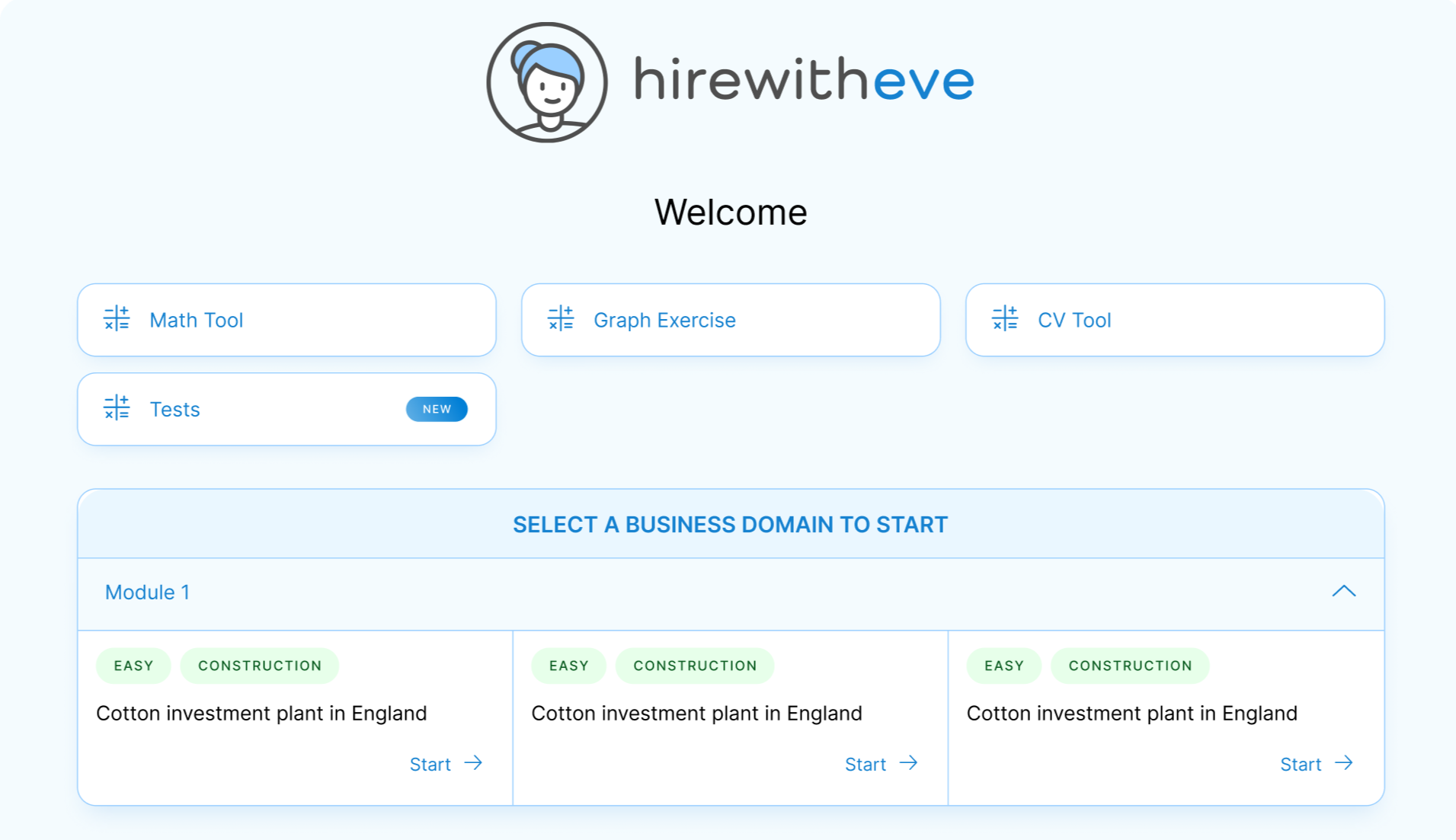25 Reference Questions That Reveal the Truth About Job Seekers

In today’s competitive job market, verifying a candidate’s qualifications, experience, and character through reference checks is a crucial step in the hiring process. However, simply asking generic questions may not provide the insights needed to make an informed decision. Crafting specific, revealing questions for references can help HR professionals gain a clearer picture of a candidate’s capabilities and work ethic.
In this blog, we will explore 25 reference questions that HR professionals can use to uncover the truth about job seekers.
Table of contents
Why Reference Checks Matter?
Reference checks offer a valuable opportunity to validate a candidate’s claims during the interview process. These checks allow HR professionals to get an outside perspective on a candidate’s work habits, soft skills, and potential areas of concern that might not surface during the interview. Effective reference checks not only verify facts but can also prevent costly hiring mistakes by providing insight into the candidate’s past job performance.
When handled properly, reference checks can be the final determining factor in hiring the right person for the job. Asking the right questions during a reference call can provide a more complete view of the candidate and can sometimes reveal red flags that may not have been apparent during interviews.
How to Approach Reference Questions?
The key to successful reference checks is asking thoughtful, open-ended questions. These questions should be designed to elicit more than just “yes” or “no” responses and should encourage the reference to provide specific examples. It’s also essential to create an environment where the reference feels comfortable giving honest feedback.
When reaching out to a candidate’s former supervisor or colleague, start by introducing yourself, explaining the purpose of the reference check, and ensuring them that their input will remain confidential. Be polite but firm in asking for detailed answers, as this will help you obtain the most accurate information.
Now, let’s dive into the 25 essential reference questions that can help reveal the truth about job seekers.
25 Reference Questions That Reveal the Truth
Work Ethic and Performance
How would you describe the candidate’s overall work ethic?
This question helps understand if the candidate is hardworking, motivated, and reliable.
How did the candidate handle deadlines and manage their time?
This provides insight into their time management and ability to work under pressure.
Can you share an example of when the candidate went above and beyond their job duties?
Look for instances where the candidate demonstrated initiative and exceeded expectations.
How did the candidate handle constructive criticism or feedback?
This question gauges how well the candidate accepts feedback and improves their work.
Were there any performance challenges the candidate faced, and how did they address them?
This helps identify how they cope with difficulties and whether they can overcome obstacles.
Teamwork and Communication
How did the candidate collaborate with others in a team setting?
Understanding their teamwork abilities is crucial for roles that require frequent collaboration.
How effective was the candidate in communicating with colleagues, supervisors, and clients?
Communication skills are vital in almost every position. Ensure they can articulate ideas and respond effectively.
Did the candidate ever experience conflict with a team member? How did they resolve it?
This reveals their conflict resolution skills and ability to maintain professional relationships.
Would you consider the candidate a team player or someone who prefers to work independently?
This can help determine their compatibility with the team culture of your organization.
How would you rate the candidate’s listening skills?
Listening is just as important as speaking. Strong listening skills indicate someone who can follow instructions and work well with others.
Problem-Solving and Initiative
Can you provide an example of when the candidate demonstrated strong problem-solving skills?
This gives a sense of how resourceful and innovative the candidate can be when facing challenges.
Did the candidate take initiative in suggesting improvements or changes to processes?
Candidates who show initiative often drive positive changes in the workplace.
How did the candidate handle high-pressure situations or tight deadlines?
Their response to pressure can be a strong indicator of how they will perform in a fast-paced work environment.
Was there ever a time the candidate had to make a difficult decision? How did they approach it?
This question explores their decision-making process and ability to handle responsibility.
How comfortable was the candidate with taking calculated risks or stepping outside of their comfort zone?
This reveals whether the candidate is open to new challenges or prefers to play it safe.
Cultural Fit and Values
Would you say the candidate aligned well with the company’s values and culture?
Cultural fit can be just as important as qualifications. This question helps determine if the candidate will thrive in your organization.
How did the candidate demonstrate integrity and honesty in the workplace?
Trustworthiness is essential in any role, especially in positions with a high level of responsibility.
Did the candidate contribute to fostering a positive work environment?
Team dynamics are influenced by individuals who contribute positively to the culture.
How adaptable was the candidate to change or shifting priorities?
Adaptability is a highly desirable trait, particularly in industries where change is constant.
Would you rehire the candidate if given the opportunity?
A direct question that can reveal a lot about the candidate’s overall impact on the company.
Areas for Improvement
What would you say are the candidate’s key areas for improvement?
No one is perfect, and this question can help identify potential challenges the candidate may face in the new role.
Were there any behaviors or habits that might limit the candidate’s success in future roles?
This can uncover any red flags or areas where additional training might be needed.
Did the candidate ever face any disciplinary action or require significant intervention from management?
This helps assess whether there were any serious concerns during their tenure.
Is there any area where you felt the candidate underperformed, and how did they work to improve it?
Every candidate has growth areas, and this provides insight into their self-awareness and desire to improve.
Is there anything else you think we should know about the candidate?
An open-ended question that allows the reference to share any final thoughts.
Leveraging the Power of HirewithEve for Better Hiring Decisions
While conducting thorough reference checks is vital, integrating advanced AI tools can take your hiring process to the next level. HirewithEve’s intelligent recruitment platform enables HR professionals to not only automate reference checks but also gain data-driven insights that streamline the decision-making process.
With features that offer predictive analytics, candidate benchmarking, and even customized reference question templates, HirewithEve ensures you never miss out on the critical information needed to hire top talent.
Conclusion
Reference checks play a critical role in uncovering the truth about job seekers, ensuring that HR professionals make informed and confident hiring decisions. The 25 reference questions outlined in this blog can help you get a deeper understanding of candidates and their suitability for the role. By combining these traditional methods with the cutting-edge tools offered by HirewithEve, you can revolutionize your hiring process and select the best candidates with confidence.
Target Your Talent
Unlock tailored solutions for your recruitment and hiring needs with Eve Platform's extensive case study library.
Subscribe now to enhance your HR expertise and excel in your role.
Free Resources

Transforming Hiring: 7 Key Recruiting Metrics
Enhancing recruitment processes with data-driven insights for better hiring outcomes.

Reducing Hiring Bias with Hirewitheve.
Utilizing Hirewitheve to combat bias and streamline recruitment processes effectively.

Hiring Detail-Oriented Candidates
HirewithEve enhances hiring by accurately assessing candidate's attention to detail-oriented.








